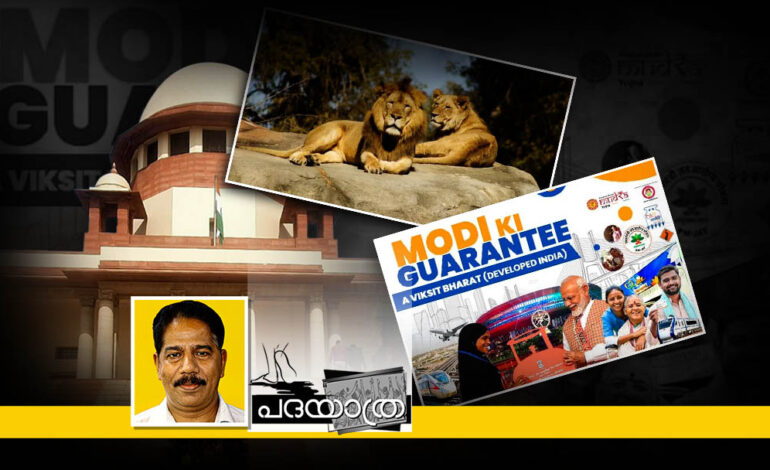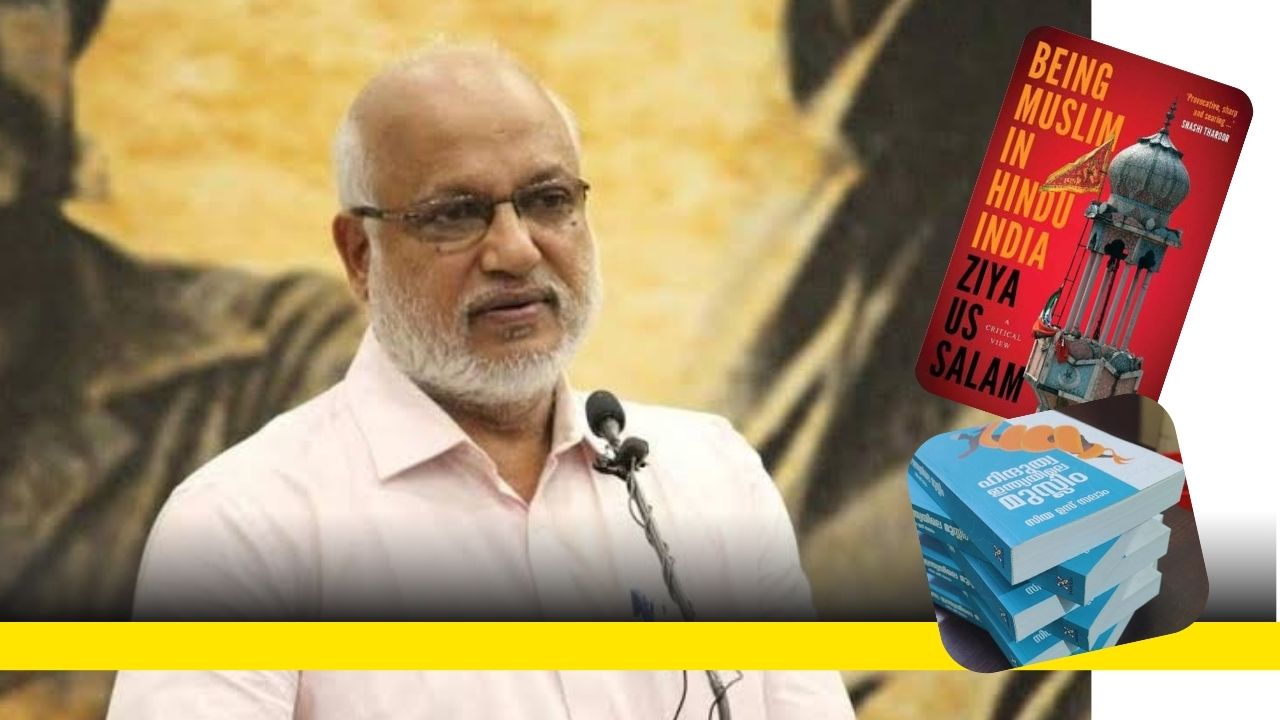Kumar Shahani- The Tender Gesture

Receiving a query, as he so often was from all of us, he always chose to build his answer like a sand castle at the edge of a sea, shaping it smidgen by smidgen. Those words and gestures reflected a quintessential Kumar Shahani, as known to movie devotees across the world. Kumar did this without striving to compress any part of his thought into an incontrovertible finish, seeking, instead, the various forces around – whether they be an unexpected gust of wind, an unruly wave or our usually delayed perception of the perspectives he was proposing – to come to his aid.
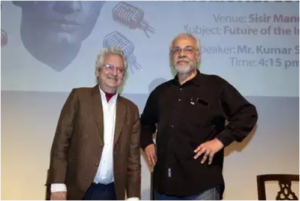
He made us put our hands in the sand with him and add to his lines and contours, reassemble what might have collapsed, or what always brought the dimpled smile to his face. All this would lead to the start of a process constructing another fabulation to accompany his improvisation.
Kumar Shahani (7 December 1940 – 25 February 2024) was an Indian film director and screenwriter, best known for his offbeat films such as Maya Darpan (1972), Tarang (1984), K
hayal Gatha (1989) and Kasba (1990). Kumar Shahaji’s first feature—Maya Darpan -earned reputation as one of Indian cinema’s first formalist films. His dedication to formalism evoked comparisons from critics and film enthusiasts with filmmakers such as Pier Paolo Pasolini, Andrei Tarkovsky and Jacques Rivette. He was also known as a teacher and theorist of cinema, whose essays The Shock of Desire and Other Essays, comprising 51 essays, was published by Tulika Books in 2015.
It always seemed to me, whether we were in the class at FTII or on a shoot in Himachal or on one of our walks in Geneva when I invited him to come spend a couple of weeks with my students, that his attempt was to make his conjurations change as the light changes during the day. That is, inclined at dawn to resuscitate, at dusk it might bring languor, and the light descending hard atop at noon to propose a short lull.
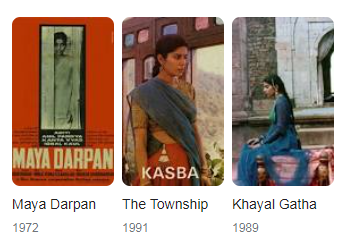
The changing light and its colors changes what we believe we saw a moment ago, changes our reveries, our desires. His conjuring of a past might have had its source in a river fecund with a possible nation and, before our eyes, steadily transformed into the ardour of a tarana. The present might emerge as a nude in blue suspended above or is it within the color red, the colors as much to redeem as to denounce us. And the future, perhaps a woman at a panel of windows that overlook distant mountains.
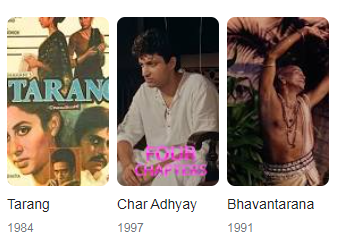
Kumar had a way of pausing the gesture of one of his hands in mid-air, the gesture neither a sign nor a signal, but a track, like that of an animal in mud, evoking a weight as well as a rhythm, a suggestion of a pattern, a life, a journey, a direction – all unsettled again as the gesture continued its dance. When one left him, one took along an experience of uncertainty that, somehow, was never debilitating. Instead, like a moment of caesura in a bandish, it offered innumerable directions. That, to me, was the finest gift he left to us. And so tenderly.



